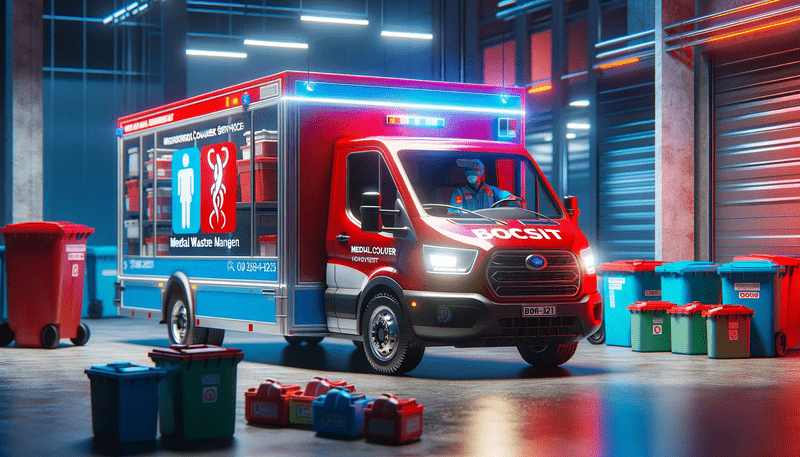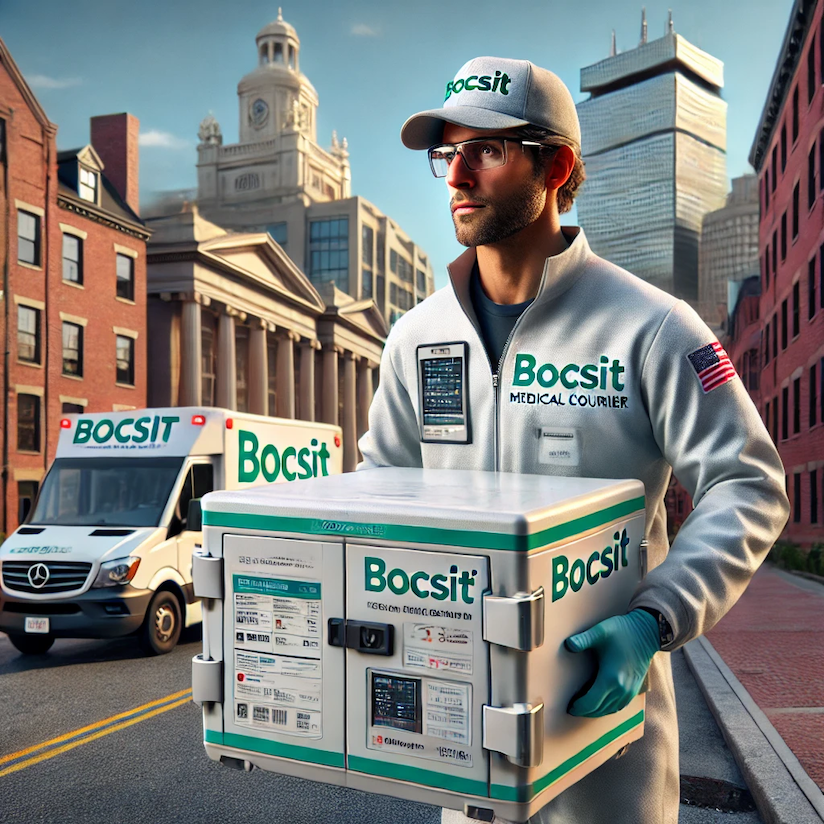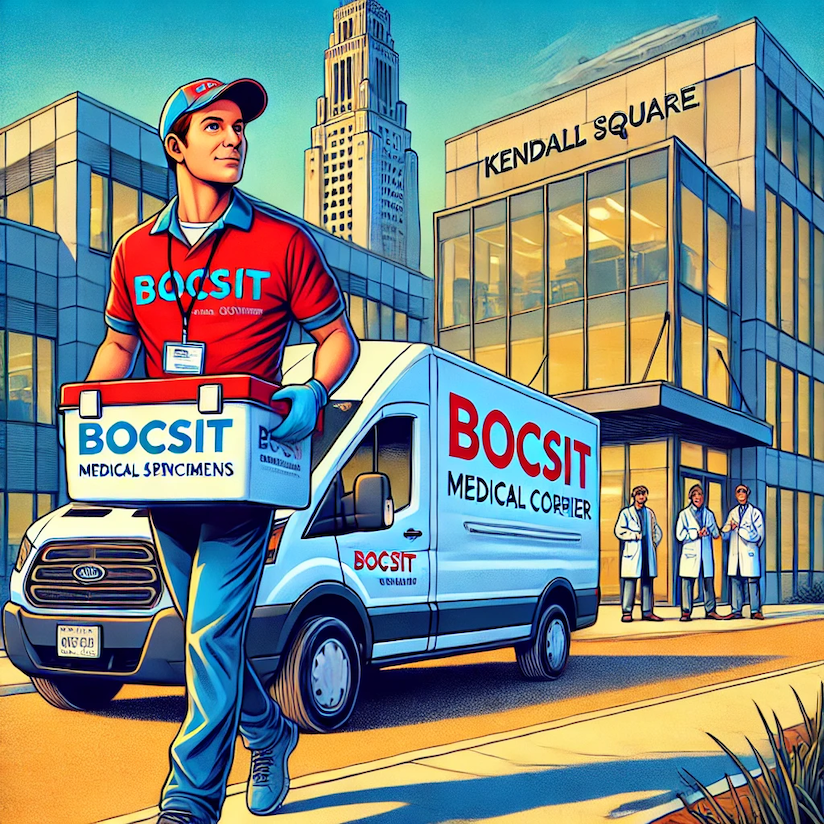Medical Waste Management in Courier Services: Best Practices

The management of medical waste within courier services is a critical aspect of healthcare logistics, especially given the increasing reliance on home healthcare services and the transportation of medical specimens. Effective medical waste management practices are essential for safeguarding public health, protecting the environment, and complying with regulatory standards. This blog post delves into the best practices for managing medical waste in courier services, offering insights for ensuring safety, efficiency, and compliance.
Understanding Medical Waste
Medical waste encompasses any waste material that is generated as a result of healthcare activities. This includes everything from used needles and syringes to soiled dressings, body parts, diagnostic samples, blood, chemicals, pharmaceuticals, and medical devices. Proper management of these materials is crucial to prevent the spread of infectious diseases, minimize environmental impact, and ensure the safety of courier personnel and the public.
Best Practices for Courier Services
1. Proper Segregation
The first step in effective medical waste management is the segregation of waste at the point of generation. Different types of waste should be separated into distinct categories, such as sharps, infectious waste, pathological waste, chemical waste, and pharmaceutical waste. This segregation should be marked and communicated to all handling the waste, including courier personnel.
2. Use of Appropriate Containers
Once segregated, medical waste must be placed in appropriate containers that are designed for the specific type of waste they hold. These containers should be sturdy, leak-proof, and puncture-resistant, especially for sharps and other items that could cause injury or contamination. The use of color-coded bins and labels is also recommended to facilitate easy identification and handling.
3. Proper Labeling and Documentation
Every container of medical waste should be clearly labeled with the type of waste, its source, and the date of accumulation. Additionally, courier services must maintain accurate records of the waste being transported, including manifests that detail the quantity, nature, and destination of the waste. This documentation is essential for tracking purposes and regulatory compliance.
4. Safe Transportation
The transportation of medical waste requires specialized vehicles equipped to handle the risks associated with these materials. Vehicles should be equipped with spill kits and other emergency equipment, and drivers should be trained in the proper handling of medical waste, including procedures for spill response and decontamination.
5. Compliance with Regulations
Courier services must be fully aware of and comply with local, state, and federal regulations regarding the transport and disposal of medical waste. This includes obtaining necessary permits, adhering to transport regulations, and ensuring that waste is disposed of at licensed medical waste treatment facilities.
6. Employee Training
Regular training for all employees involved in the handling, transport, and management of medical waste is essential. Training should cover proper handling techniques, safety measures, emergency procedures, and legal requirements, ensuring that all personnel are equipped to manage risks effectively.
7. Partnership with Reputable Waste Disposal Companies
Courier services should partner with reputable medical waste disposal companies that follow all regulatory requirements and employ environmentally responsible waste treatment and disposal methods. This partnership ensures that the final stage of the medical waste management process is handled safely and effectively.
The management of medical waste in courier services is a complex but critical component of healthcare logistics. By following best practices for segregation, containment, labeling, transportation, and disposal, courier services can protect public health, preserve the environment, and maintain compliance with regulatory standards. These practices underscore the responsibility courier services have in the safe and efficient management of medical waste, highlighting their role in the broader healthcare system.


















